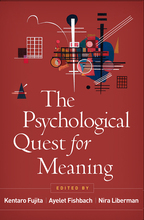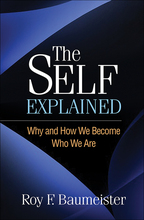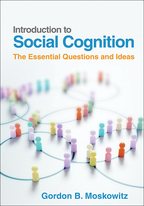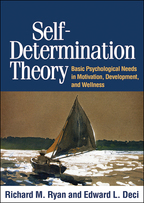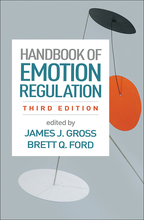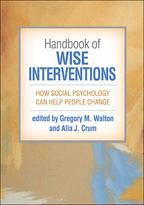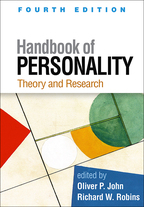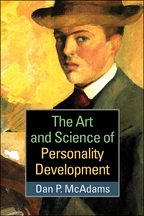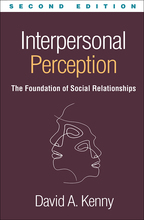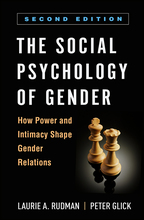The Psychological Quest for Meaning
Edited by Kentaro Fujita, Ayelet Fishbach, and Nira Liberman
Hardcovere-bookprint + e-book
Hardcover
orderDecember 1, 2025
ISBN 9781462558568
Price: $72.00 349 Pages
Size: 6" x 9"
e-book
orderNovember 12, 2025
PDF and Accessible ePub ?
Price: $72.00 349 Pages
ePub is Global Certified Accessible
print + e-book $144.00 $86.40
orderHardcover + e-Book (PDF and Accessible ePub) ?
Price: 349 Pages
ePub is Global Certified Accessible
“When John Milton said, ‘The mind is its own place, and in itself can make a heaven of hell, a hell of heaven,’ he was voicing an idea around which a science would emerge centuries later. Psychology has given us a science of mental representation, and, as this book attests, a rich and profound understanding of how the quest for meaning unfolds. Fujita, Fishbach, and Liberman have gathered the greatest contemporary scientists to explore how we seek and create meaning from and about the events, ideas, and people we encounter.”

—Mahzarin R. Banaji, PhD, Richard Clarke Cabot Professor of Social Ethics, Department of Psychology, Harvard University
“How do we turn a stream of potentially unrelated experiences into a meaningful representation of the world in which we live? A stellar group of contributors addresses this question from different perspectives, advancing our understanding of one of the major challenges of human life.”

—Norbert Schwarz, DrPhil, Provost Professor, Department of Psychology and Marshall School of Business, University of Southern California
“This outstanding volume examines personal and social factors that shape how people attempt to integrate the different elements of their experience within a coherent structure. It is a valuable resource for researchers, students, and anyone interested in understanding how we make sense of our place in a complex world. Skillfully edited by three distinguished scholars, the volume offers comprehensive coverage of existing research, presents novel ideas, and will guide future work. Chapters by leading international authorities draw on the study of communication, identity, cognition, affect, and motivation to generate new ways to understand the quest for meaning. In the context of unprecedented polarization, change, and challenge, this book makes a unique and significant contribution.”

—John F. Dovidio, PhD, Carl Iver Hovland Professor Emeritus of Psychology and Public Health, Yale University
—Mahzarin R. Banaji, PhD, Richard Clarke Cabot Professor of Social Ethics, Department of Psychology, Harvard University
“How do we turn a stream of potentially unrelated experiences into a meaningful representation of the world in which we live? A stellar group of contributors addresses this question from different perspectives, advancing our understanding of one of the major challenges of human life.”
—Norbert Schwarz, DrPhil, Provost Professor, Department of Psychology and Marshall School of Business, University of Southern California
“This outstanding volume examines personal and social factors that shape how people attempt to integrate the different elements of their experience within a coherent structure. It is a valuable resource for researchers, students, and anyone interested in understanding how we make sense of our place in a complex world. Skillfully edited by three distinguished scholars, the volume offers comprehensive coverage of existing research, presents novel ideas, and will guide future work. Chapters by leading international authorities draw on the study of communication, identity, cognition, affect, and motivation to generate new ways to understand the quest for meaning. In the context of unprecedented polarization, change, and challenge, this book makes a unique and significant contribution.”
—John F. Dovidio, PhD, Carl Iver Hovland Professor Emeritus of Psychology and Public Health, Yale University

